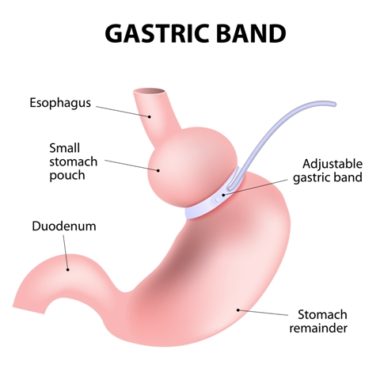Portion Control – Portion Meals for Weight Loss
Portioning meals for weight loss can be a challenging ordeal, especially when you really, really want that one piece of pie or that gravy-slathered Salisbury steak. There is nothing really wrong with enjoying what you eat,  but you need to make sure the food you consume is going to be worthwhile. If you’ve just had bariatric surgery, this is doubly important, since you can’t eat nearly as much as you could before. Portion control is vital.
but you need to make sure the food you consume is going to be worthwhile. If you’ve just had bariatric surgery, this is doubly important, since you can’t eat nearly as much as you could before. Portion control is vital.
So how do you portion meals? Here are a few tips.
Prioritize
Start with prioritizing by what your body needs. Start with protein. This will keep you full the longest and provide the nourishment you need to keep going each day. After protein, add fruits and vegetables. Other items such as carbs come last.
Carbs such as potatoes and bread can fill you up quickly, but don’t offer as much in the way of nutrition as proteins, fruits, and vegetables. Therefore, when portioning meals, leave carbs to the end or eliminate them entirely.
Start Small and Slow
It helps to start off small and pace yourself. Studies have shown that it takes about 20 minutes for your brain to receive the signal from your stomach that it’s full, so take it slow with your initial portions. After about 20 minutes, you should feel full if you’ve portioned your plate correctly.
Employ Tactics
There are some tactical ways to work yourself into controlling your portions and eating healthier. These include:
- Use smaller plates.
- Get rid of snack foods or other items that are tempting, but not nutritionally satisfying.
- Drink water.
- During mealtimes, keep food in the kitchen rather than setting it at the table.
- Share meals with a friend.
These and other tactics can help you control the amount you eat and encourage you to select food items carefully. Involving a friend can also help dramatically as they discourage you from making unhealthy eating choices. However, those who can’t seem to sustain a healthy weight and BMI for an extended period of time despite medically supervised dieting should consult a skilled Bariatric surgeon, such as Dr. Malladi, to discuss minimally invasive procedures for weight loss. Contact the office of Malladi Bariatrics and Advanced Sugery for more information.







